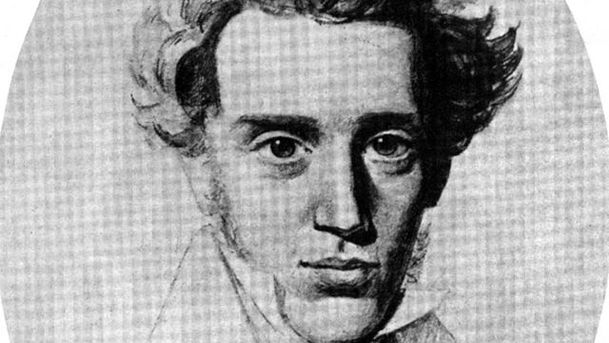In Our Time - Kierkegaard

Melvyn Bragg and guests discuss the rich and radical ideas of Soren Kierkegaard, often called the father of Existentialism. In 1840 a young Danish girl called Regine Olsen got engaged to her sweetheart – a modish and clever young man called Søren Kierkegaard. The two were deeply in love but soon the husband to be began to have doubts. He worried that he couldn’t make Regine happy and stay true to himself and his dreams of philosophy. It was a terrible dilemma, but Kierkegaard broke off the engagement – a decision from which neither he nor his fiancée fully recovered. This unhappy episode has become emblematic of the life and thought of Søren Kierkegaard - a philosopher who confronted the painful choices in life and who understood the darker modes of human existence. Yet Kierkegaard is much more than the gloomy Dane of reputation. A thinker of wit and elegance, his ability to live with paradox and his desire to think about individuals as free have given him great purchase in the modern world and he is known as the father of Existentialism. With Jonathan Rée, Visiting Professor at Roehampton University and the Royal College of Art; Clare Carlisle, Lecturer in Philosophy at the University of Liverpool; John Lippitt, Professor of Ethics and Philosophy of Religion at the University of Hertfordshire.